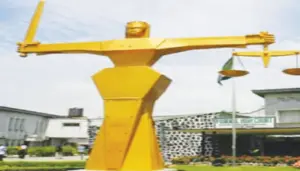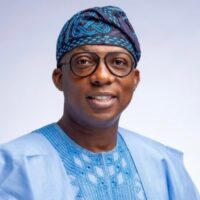The Senate and House of Representatives have pledged renewed legislative support for the Police Service Commission (PSC) as it embarks on a two-day workshop aimed at strengthening institutional capacity for effective police oversight.
The workshop, which opened Wednesday in Abuja, brought together PSC Board Members, Directors, and Heads of Departments and Units under the theme: “Strengthening Institutional Capacity for Effective Police Oversight.”
Declaring the workshop open, Chairman of the Senate Committee on Police Affairs, Senator Abdulhamid Mallam-Madori Ahmed, acknowledged the systemic challenges facing police oversight in Nigeria. He stressed the urgent need to fortify frameworks that promote transparency, professionalism, and public trust in law enforcement.
“The Commission plays a pivotal role in ensuring that the Nigeria Police Force operates within the highest standards of integrity and service delivery,” Senator Ahmed said. He described the workshop as a vital opportunity to equip PSC officials with tools needed to discharge their oversight mandate effectively.
Chairman of the House Committee on Police Institutions, Hon. (Barr.) Aliyu Wakili Boya, in a goodwill message, emphasised that enhancing police oversight requires a multi-dimensional approach — including empowering independent bodies like the PSC, improving police accountability measures, and fostering community engagement.
“By strengthening the PSC, promoting transparency within the police, and encouraging public participation, Nigeria can build a policing system that is accountable, credible, and respected,” Hon. Boya stated, assuring that the National Assembly remains committed to providing the necessary legislative backing for reform initiatives.
In his opening remarks, PSC Chairman, retired DIG Hashimu Argungu, described effective oversight as essential to building public trust, operational excellence, and a police service rooted in democratic values and the rule of law.
“While we’ve made progress, challenges remain — from procedural bottlenecks to funding gaps and legal ambiguities. Policing itself is dynamic and ever-changing,” DIG Argungu noted, urging participants to fully engage in the sessions and commit to turning ideas into actionable reforms.
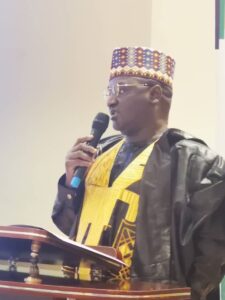
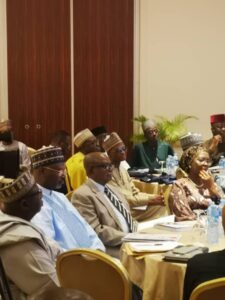
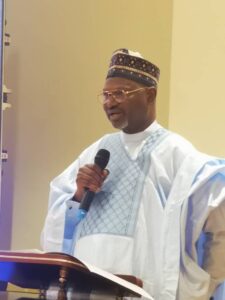
He reminded participants that the ultimate beneficiaries of improved oversight are the Nigerian people, “who rightly expect a police force that is professional, accountable, and human rights-compliant.”
Also speaking, UNDP Resident Representative, Mr. Napoleon Enayaba, said the PSC’s role as a constitutionally-mandated civilian oversight body is central to trust-building and institutional integrity in policing.
“At the heart of this workshop lies a fundamental principle: oversight is indispensable to trust,” Mr. Enayaba said. He added that the UNDP’s support through its Police Accountability and Transformation Project aligns with its broader goal of promoting people-centred security.
“Reforms must go beyond institutions. They must improve the daily lived experiences of Nigerians in terms of safety, dignity, and justice,” he added.
The workshop is expected to develop a roadmap for implementing key oversight reforms in Nigeria’s policing system.


